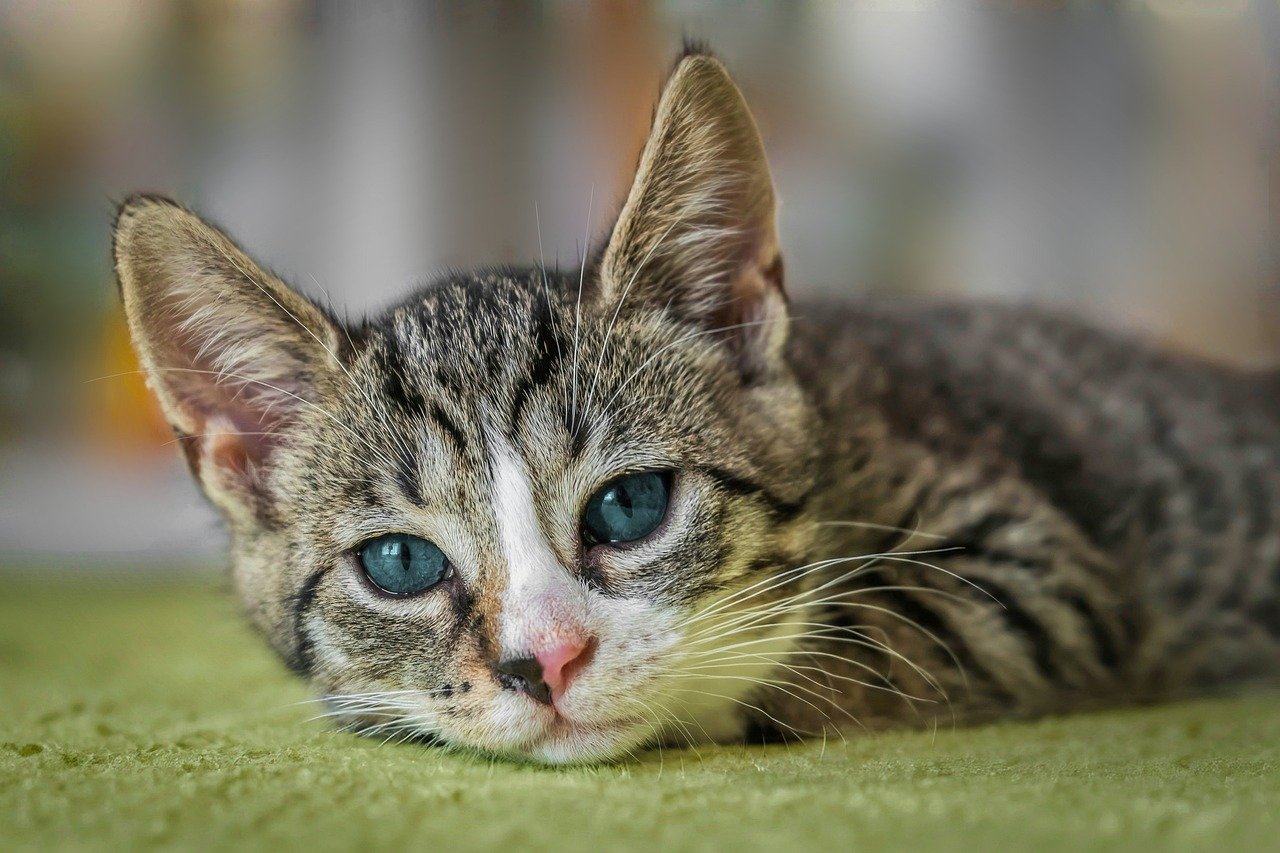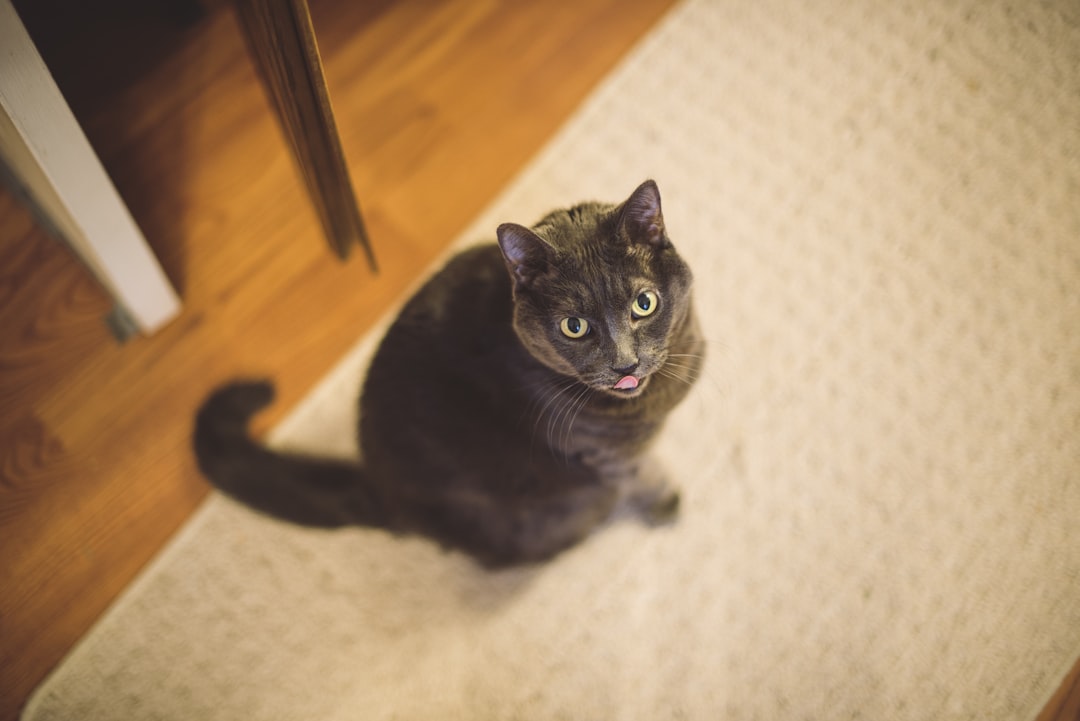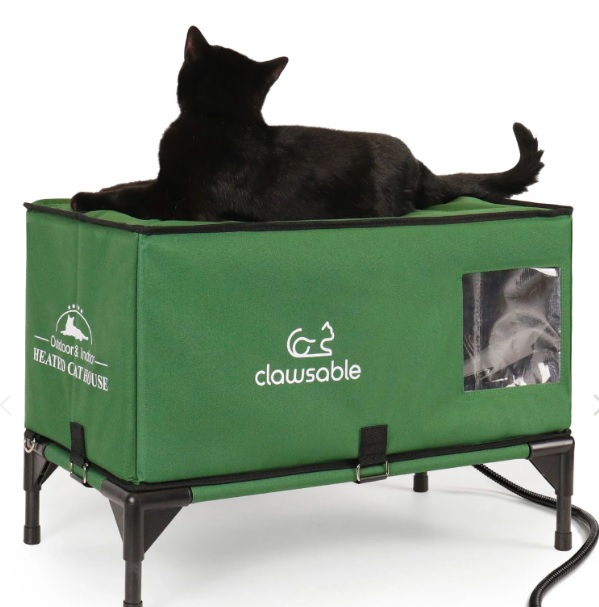Curly hair cats are fascinating creatures known for their unique and charming appearance. With their distinct fur texture, they capture the attention of cat lovers and enthusiasts alike. Understanding the characteristics and care needs of a curly hair cat is essential for prospective owners. Moreover, exploring their traits in comparison to other fur types, such as straight and wavy fur, can provide valuable insights. Join us as we delve deeper into the world of curly hair cats and discover what makes them a delightful addition to any household.
Introduction to Curly Hair Cats
When discussing unique cat breeds, the curly hair cat stands out due to its distinctive fur texture and charming personality. These captivating felines boast a coat that curls tightly, setting them apart from their straight and wavy counterparts.
Curly hair cats are not only visually appealing, but they also bring a variety of characteristics to pet owners. Here are some key points to understand:
- Coat Type: The defining feature is, of course, their curly fur, which creates a soft and plush appearance.
- Temperament: Generally, these cats are affectionate and sociable, often forming strong bonds with their human companions.
- Lifespan: Like many domestic cats, curly hair cats enjoy a healthy lifespan, provided they receive proper care.
It’s essential to note that not all curly hair cats belong to the same breed. The condition of having curly fur is a genetic trait and can be found in several breeds, including the LaPerm and Devon Rex.
Understanding the nature of curly hair cats is crucial when considering adding one to your family. Their unique fur not only adds to their personality but also affects their grooming and care needs, leading to a rewarding pet ownership experience! Enjoying a life with a curly hair cat means celebrating the beauty of their curls while embracing the joy they bring.
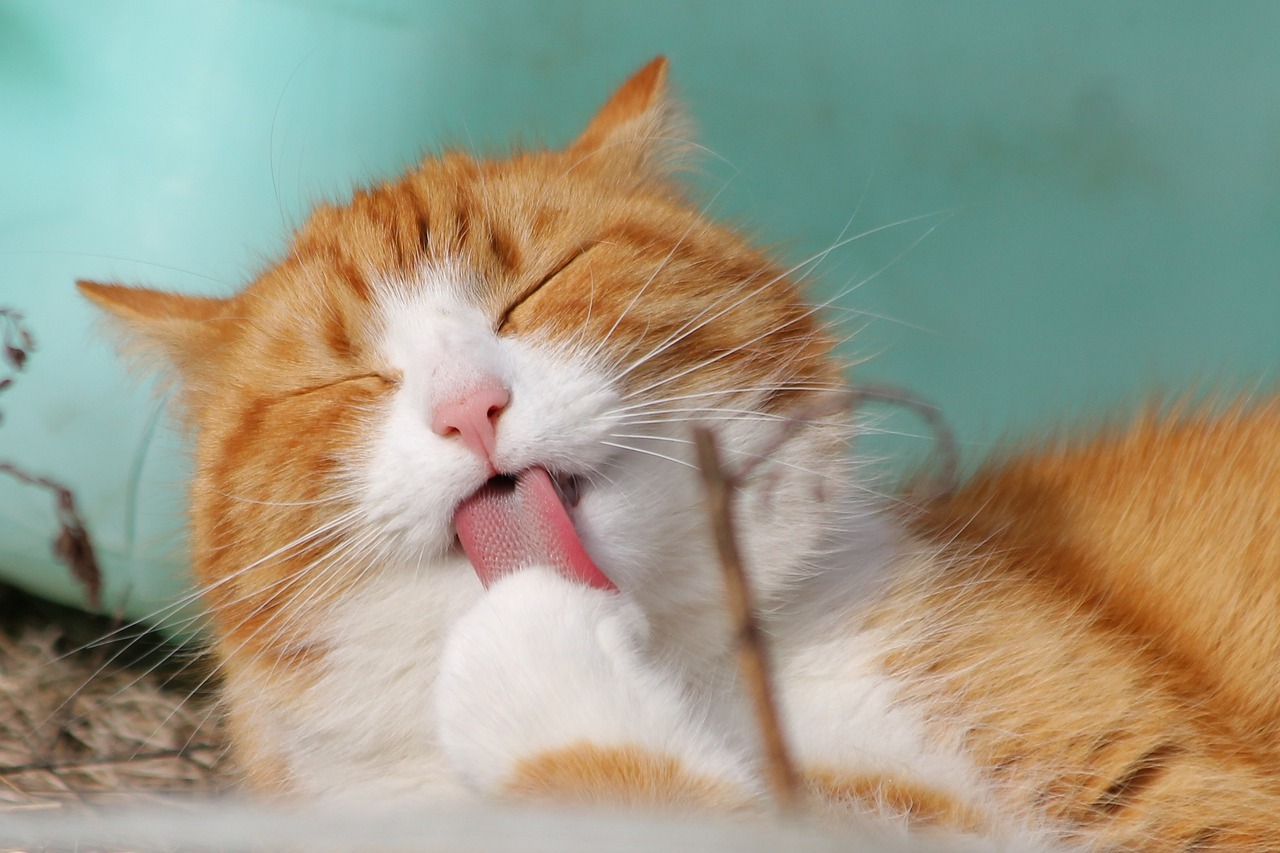
Characteristics of Curly Hair Cats
Curly hair cats showcase a unique and appealing appearance, defining their allure among feline enthusiasts. Here are some key characteristics that set them apart:
Distinctive Coat Texture: The most notable feature of a curly hair cat is its soft, dense coat that curls into tight ringlets. This creates a remarkable, plush look that’s both charming and eye-catching.
Low-Shedding: Unlike many straight-haired breeds, curly hair cats tend to shed less fur, making them more suitable for allergy sufferers. Their curls often trap loose hairs, resulting in a cleaner home environment.
Hypoallergenic Qualities: Many curly hair cats produce lower levels of the Fel d 1 protein, which causes allergies in many cat owners. This makes them a preferred choice for those with sensitivities.
Varied Body Types: While the coat is curly, the body types among curly hair cats can vary significantly. Some may have a lean physique, while others might be more robust and muscular.
Affectionate Temperament: Curly hair cats often exhibit friendly and playful personalities. They thrive on social interaction, making them excellent companions.
In summary, curly hair cats possess unique characteristics that not only make them visually distinct but also provide several benefits for potential owners. Their low-shedding, hypoallergenic qualities, alongside a warm demeanor, make them a compelling choice for cat lovers.
Breeds Known for Curly Fur
Curly hair cats captivate cat enthusiasts with their unique fur texture and charming personalities. Several breeds showcase delightful curly coats, each with its own distinct traits. Here are some popular curly hair cat breeds:
Devon Rex:
- Characteristics: Short, soft fur with tight curls
- Personality: Playful, affectionate, and social
Cornish Rex:
- Characteristics: Extremely short hair, featuring loose, beachy curls
- Personality: Energetic, adventurous, and intelligent
LaPerm:
- Characteristics: Curly or wavy fur that can vary in length
- Personality: Friendly, loving, and adaptable
Selkirk Rex:
- Characteristics: Plush, medium-length curly fur, often described as "teddy bear-like"
- Personality: Laid-back, sociable, and loyal
| Breed | Fur Type | Personality Traits |
|---|---|---|
| Devon Rex | Short, tightly curled | Playful, affectionate |
| Cornish Rex | Extremely short, loose curls | Energetic, adventurous |
| LaPerm | Curly or wavy | Friendly, loving |
| Selkirk Rex | Medium-length, plush | Sociable, loyal |
Choosing a curly hair cat can enhance your home with their playful energy and distinctive grooming needs. Each breed offers a unique blend of fur texture and personality, proving that curly hair cats truly have a unique charm.
Comparison of Curly Fur with Straight Fur
When it comes to feline fur types, knowing the differences between curly fur and straight fur can help potential cat owners make well-informed decisions. Here’s a breakdown of how curly hair cats compare to their straight-furred counterparts.
Texture and Appearance
Curly Fur Cats:
- Features tight, spiraled curls that give a fluffy, unique look.
- Often appear more voluminous and puffy due to their curl structure.
Straight Fur Cats:
- Have fur that tends to lay flat against their body.
- Provides a sleek appearance, often showing off the natural shape of their body.
Maintenance Requirements
Curly Hair Cat:
- Requires regular grooming to avoid matting.
- Mildly reduces shedding compared to straight fur breeds.
Straight Fur Cats:
- Typically easier to maintain, with occasional brushing sufficing.
- Tends to shed more frequently, requiring consistent cleanup.
Temperature Regulation
Curly Fur Cats:
- The dense curls provide insulation, keeping them warm in colder climates.
Straight Fur Cats:
- Generally offer better ventilation, helping them stay cooler in warmer environments.
Summary Table
| Characteristic | Curly Hair Cat | Straight Fur Cat |
|---|---|---|
| Texture | Curly and fluffy | Sleek and flat |
| Grooming | Requires more care | Easier to maintain |
| Shedding | Less frequent | More frequent |
| Temperature Insulation | Higher insulation | Better ventilation |
In summary, while a curly hair cat boasts unique aesthetics and lower shedding, they also demand more grooming. In contrast, straight-furred cats offer ease of care but come with increased shedding. Understanding these differences can significantly aid in selecting the right fit for your lifestyle!
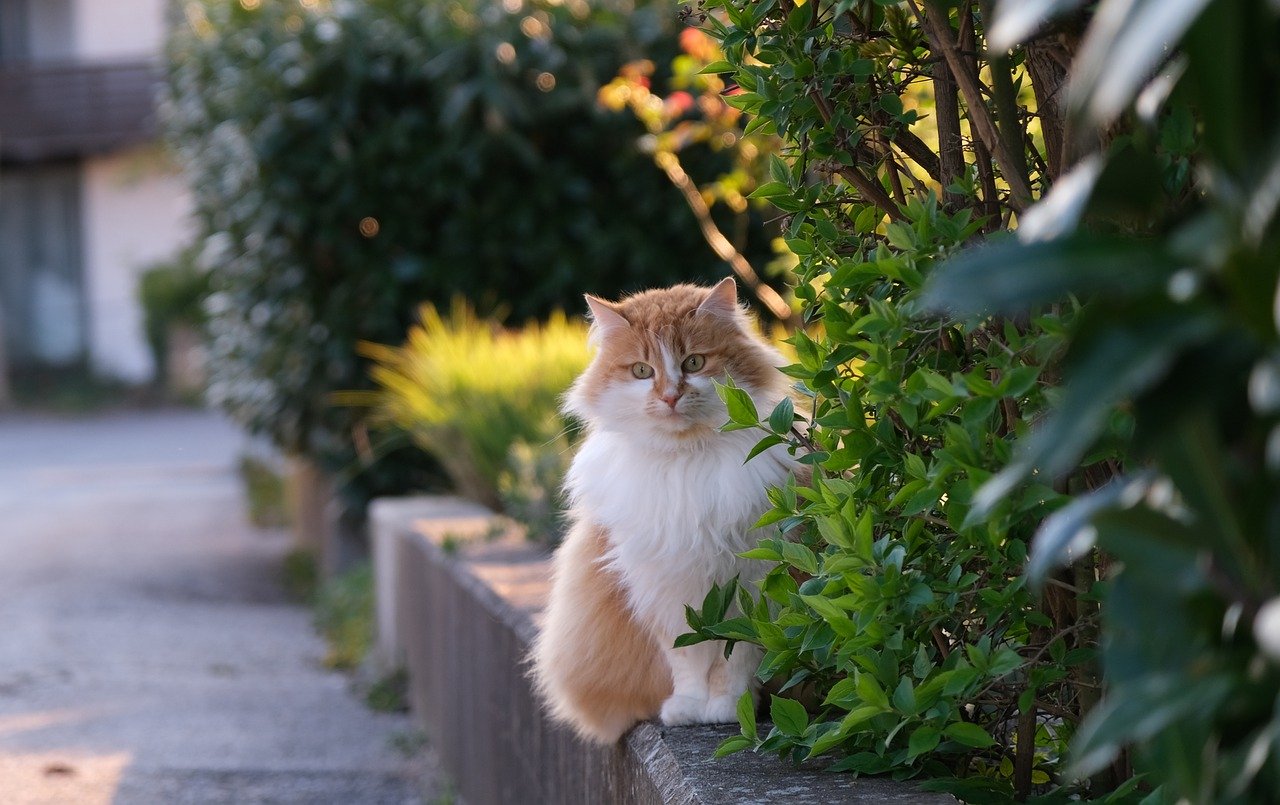
Differences Between Curly Hair and Wavy Fur
When comparing curly hair cats to those with wavy fur, it’s essential to understand the distinct characteristics of each type. Although both types may seem similar at first glance, they possess unique qualities that set them apart. Here are the key differences:
Curl Pattern
- Curly Fur: This type features tight, corkscrew-like curls that are closely packed. Examples include the Selkirk Rex and LaPerm breeds.
- Wavy Fur: Wavy fur exhibits gentle waves, often resembling loose curls. Breeds like the American Curl show this type of fur.
Texture
- Curly Fur: Generally feels softer and fluffier, giving the cat a plush appearance.
- Wavy Fur: Usually maintains a more silky and sleek feel, with an elegant drape.
Maintenance
- Curly Hair Cats: Require regular grooming to prevent matting in the dense curls; a grooming brush designed for curly hair works best.
- Wavy Fur Cats: Often demand less grooming, as their hair is less prone to tangles, although periodic brushing is still advised.
Appearance
| Feature | Curly Hair Cat | Wavy Fur Cat |
|---|---|---|
| Texture | Soft, fluffy | Silky, sleek |
| Grooming Needs | High | Moderate |
| Curl Definition | Tight curls | Loose waves |
In summary, while both curly hair cats and wavy fur cats offer unique aesthetics, understanding their differences helps potential cat owners make informed decisions about their grooming and care needs.
Care and Grooming Needs of Curly Hair Cats
Caring for a curly hair cat requires a dedicated grooming routine to maintain their unique fur texture and overall health. Here are essential grooming tips and care practices:
Regular Brushing: Brush your curly hair cat at least 2-3 times a week to prevent matting and tangles. Use a wide-tooth comb or a slicker brush to delicately detangle their curls without damaging the hair.
Bathing: Curly hair cats do not need frequent baths; however, when necessary, use a gentle cat shampoo. Bathing helps remove dirt and oils that can accumulate in their curls.
Drying: After bathing, ensure proper drying. Pat the fur with a towel and let it air-dry rather than using a blow dryer, as high heat can damage their unique texture.
Trim as Needed: Regularly check the fur for any mats or tangles. If your curly hair cat develops issues, consider trimming those areas or consulting a professional groomer.
Ear and Eye Care: Don’t forget to clean your cat’s ears and wipe away any eye discharge regularly to prevent infections.
Grooming Checklist for Curly Hair Cats:
| Task | Frequency |
|---|---|
| Brushing | 2-3 times/week |
| Bathing | As needed (monthly) |
| Fur trimming | As needed |
| Ear cleaning | Weekly |
| Eye discharge wipe | As needed |
By following these grooming tips, you can keep your curly hair cat looking and feeling their best while enjoying a healthy and happy life.
Health Considerations for Curly Hair Cats
Curly hair cats, such as the LaPerm and the Cornish Rex, not only bring unique beauty into your home but also possess specific health considerations that prospective owners should understand. Here are some key factors to keep in mind:
Genetic predispositions: Some curly hair cat breeds have specific genetic traits that may predispose them to certain health issues. For instance, the Cornish Rex may face skin problems due to their thin fur.
Skin sensitivity: Due to their unique coat structure, curly hair cats may have more sensitive skin. Regularly check their skin for irritation or rashes.
Temperature regulation: Curly fur can affect a cat’s ability to regulate body temperature. It is essential to provide a comfortable environment, as these cats may be more susceptible to heat during warmer months.
Regular vet check-ups: Routine veterinary visits ensure that any potential health concerns are addressed early. Discuss any breed-specific health issues with your veterinarian.
Nutrition: A balanced diet is crucial for maintaining healthy skin and fur. Ensure that your curly hair cat receives high-quality food rich in essential nutrients.
In summary, while curly hair cats have many delightful traits, their unique fur type calls for additional attention to their health. As a responsible owner, staying informed and proactive will help you provide the best care for your curly hair cat companion.
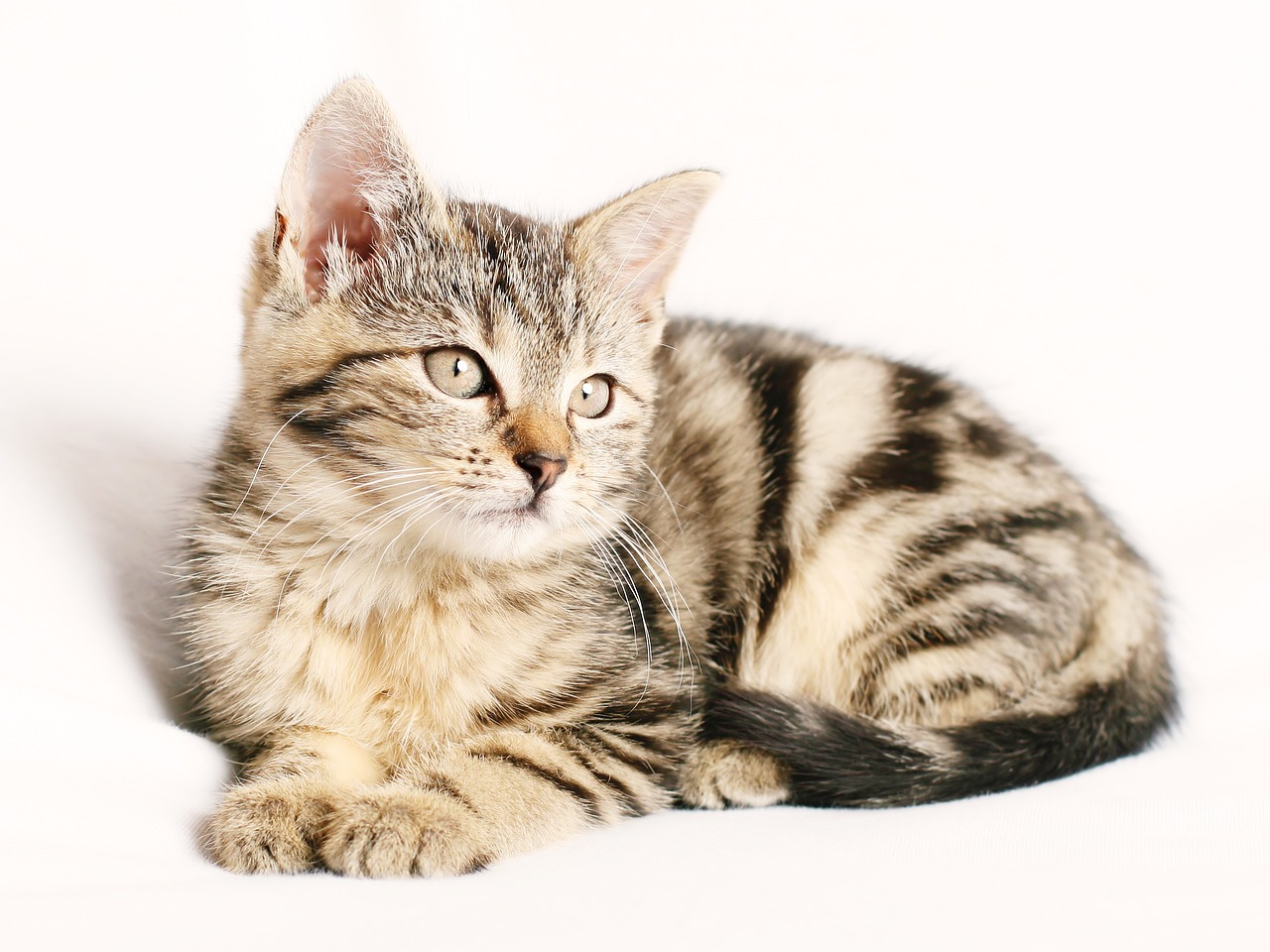
Popular Straight-Furred Cats and Their Traits
While curly hair cats like the LaPerm and Cornish Rex captivate many, straight-furred cats also offer a range of appealing traits. Here are some popular straight-furred breeds, along with their distinctive characteristics:
| Breed | Coat Description | Temperament | Notable Traits |
|---|---|---|---|
| Siamese | Short, glossy, tight-fitting | Affectionate, vocal | Unique color points, social |
| British Shorthair | Dense, plush, medium-length | Calm, independent | Round face, muscular body |
| Persian | Long, silky, flowing | Gentle, laid-back | Distinct flat face, elegant |
| American Shorthair | Medium-length, thick | Friendly, adaptable | Robust build, good hunters |
Key Traits of Straight-Furred Cats:
- Low Maintenance: Straight-furred cats typically require less grooming than their curly counterparts. A quick brush once in a while keeps their coats healthy.
- Variety of Patterns: These breeds come in various colors and patterns. From solid shades to intricate spots and stripes, there’s a style for everyone.
- Social Interaction: Many straight-furred breeds, like the Siamese and American Shorthair, are known for their outgoing nature, enjoying the company of humans and other pets.
In contrast to curly hair cats, these breeds cater to pet owners seeking a low-maintenance, affectionate companion. Each offers its own unique charm, making them equally desirable in the feline world.
Understanding Wavy Fur in Cats
When it comes to cat fur types, wavy fur presents a unique combination of characteristics that differentiates it from both straight and curly fur. Here are key aspects to understand:
- Texture: Wavy fur appears soft and appears to have gentle ripples, unlike the tight curls of a curly hair cat. It gives the coat a more relaxed look.
- Length: Wavy fur can vary in length, often found in both short-haired and long-haired breeds. Certain breeds may exhibit more prominent waves as they grow.
- Shedding: Cats with wavy fur tend to shed less than their straight-furred counterparts but may require regular grooming to prevent matting.
Comparison of Fur Types
| Fur Type | Texture | Shedding | Grooming Needs |
|---|---|---|---|
| Curly Fur | Tight curls | Minimal | Moderate to High |
| Wavy Fur | Soft waves | Moderate | Moderate |
| Straight Fur | Smooth and flat | High | Low to Moderate |
The curly hair cat is known for its distinct curly coat, which can often draw comparisons to wavy fur. Both types require grooming, but their maintenance differs. While the curls form tighter coils, wavy fur remains more laid back, making it easier to manage.
In conclusion, recognizing these differences helps potential cat owners determine their ideal pet, whether it be a curly hair cat or one with wavy fur.
Choosing the Right Cat Based on Fur Type
Selecting the ideal cat for your lifestyle involves understanding different fur types, including the unique curly hair cat. Here are key considerations when choosing a cat based on fur type:
Consider Your Lifestyle
- Time for Grooming: Curly hair cats may require more regular grooming compared to straight-furred cats. Ensure you have the time to meet their grooming needs.
- Allergies: If someone in your home has allergies, consider hypoallergenic breeds, which may include curly hair cats known to produce less dander.
Space and Environment
- Indoor vs. Outdoor: Indoor cats, such as certain curly hair cat breeds, thrive in cozy environments. Ensure your living space is cat-friendly, with plenty of areas for play and rest.
Activity Level
- Energy and Playfulness: Some curly hair cats are playful and active, requiring more engagement. Align their energy with your activity level to foster a harmonious home.
Temperament
- Personality Compatibility: Different breeds exhibit varying personalities. Curly hair cats can be affectionate, energetic, and loyal. Consider a breed that suits your preferences.
Trait Comparison Table
| Fur Type | Grooming Needs | Hypoallergenic | Typical Temperament |
|---|---|---|---|
| Curly | Moderate | Yes | Affectionate, Playful |
| Straight | Low | No | Various |
| Wavy | Moderate | Some breeds | Gentle, Social |
Ultimately, a curly hair cat can be a wonderful addition if you appreciate their unique characteristics and are willing to provide the necessary care. Evaluate all aspects before making your decision for a fulfilling companionship.
Frequently Asked Questions
What are the characteristics of curly hair cats?
Curly hair cats, such as the Cornish Rex and Devon Rex, are known for their distinct, soft, and wave-like coat that sets them apart from other felines. Their fur is typically short and sparse, which results in a unique texture that feels plush and velvety to the touch. They also have a leaner body structure, large ears, and prominent cheekbones, contributing to their quirky appearance. This breed is generally friendly and sociable, making them great companions.
How do curly hair cats compare to other fur types?
Curly hair cats differ significantly from breeds with straight or long fur, both in terms of grooming needs and characteristics. While straight-haired cats like Persians require regular brushing to prevent matting, curly hair cats typically have lower grooming requirements due to their shorter fur. Their coats are less prone to tangles, making maintenance easier for pet owners. Additionally, curly hair cats tend to have higher energy levels and playful personalities compared to some long-haired breeds that may be more laid-back.
Are curly hair cats hypoallergenic?
While no cat breed is completely hypoallergenic, curly hair cats are often considered more suitable for allergy sufferers. This is primarily because they produce lower amounts of Fel d 1, the protein responsible for cat allergies. Their less dense fur also tends to release fewer allergens into the environment, making them a preferable choice for individuals with sensitivities. However, it is essential for potential owners to spend time around curly hair cats to determine their individual allergic reactions before making a commitment.
What are some common health issues associated with curly hair cats?
Curly hair cats, like any breed, can be predisposed to certain health issues. Some breeds, like the Cornish Rex, may be prone to genetic conditions such as hypertrophic cardiomyopathy (HCM), which is a heart disease. Additionally, due to their unique coat structure, they may develop skin problems or sensitivities more readily. Regular veterinary check-ups, proper nutrition, and attentive care can help identify and manage these issues, ensuring a longer, healthier life for these delightful companions.
How can I care for a curly hair cat?
Caring for a curly hair cat involves a combination of regular grooming, a balanced diet, and proper health maintenance. While their coats are lower maintenance, they still benefit from occasional combing to remove dead hair and skin. Additionally, providing a nutritious diet rich in essential fatty acids can enhance their skin and coat health. Regular veterinary visits are crucial for early detection of potential health issues. Lastly, ensuring a stimulating environment with plenty of toys and playtime is essential to keep them happy and active.

